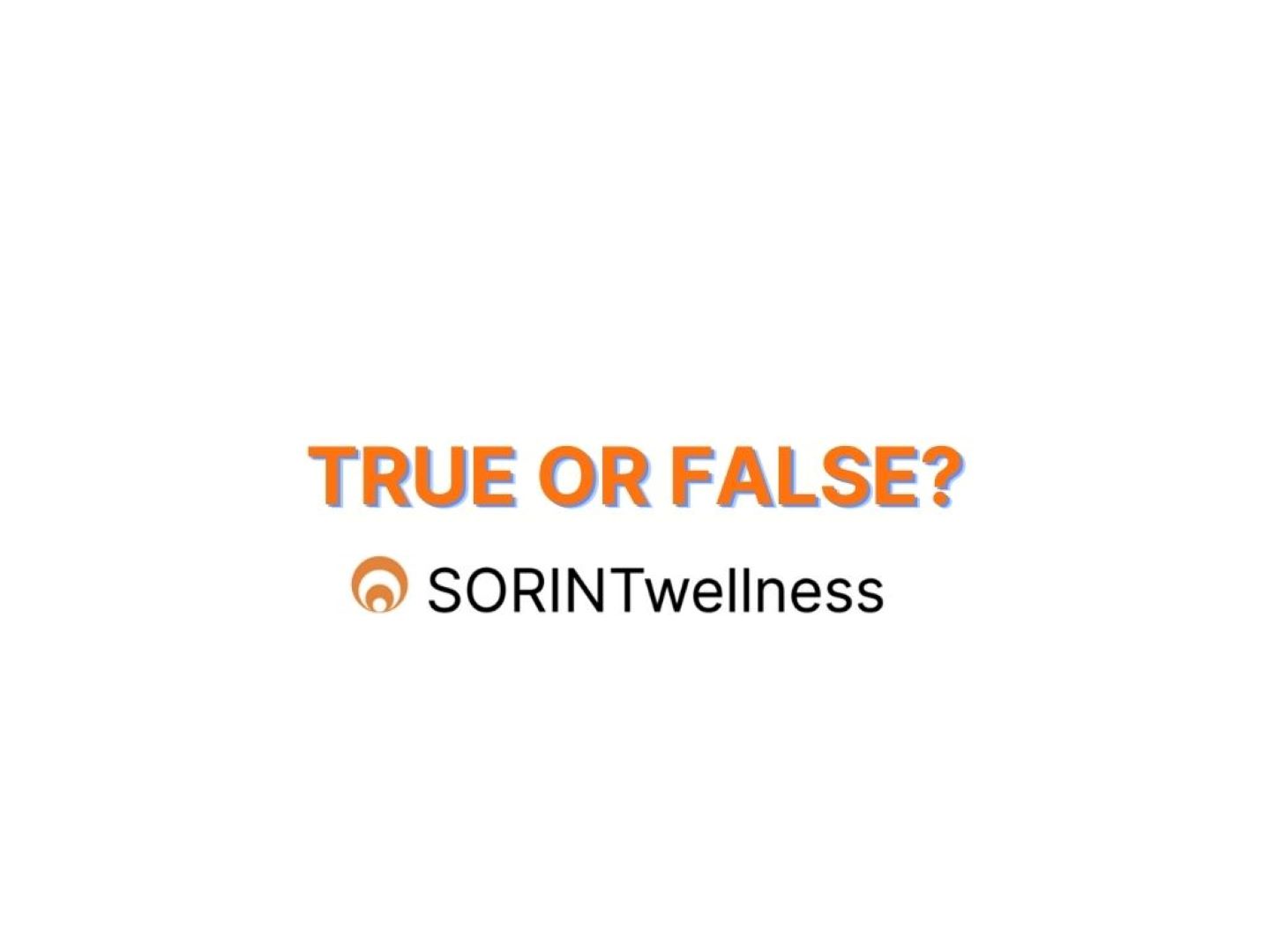Workplace Wellness: Addressing Misconceptions
-
Francesca Barrett Boomsma
- 10 Jan, 2024
- 03 Mins read

Misunderstandings about workplace wellness can arise from various factors, including misinformation, lack of communication, or differing expectations. In this article, we wanted to outline a few common misconceptions about workplace wellness and share how SorintWellness is built to break down these barriers.
**"Workplace wellbeing is mostly about diet and exercise" **
Some people associate workplace wellness exclusively with physical fitness and nutrition, overlooking other crucial aspects of well-being, such as mental health, emotional well-being, and work-life balance. This narrow focus reinforces the idea that wellness is primarily about physical appearance and health metrics. Wellness is a vast topic that includes everything from sleep health to financial wellbeing, to stress management to conflict resolution. At SorintWellness, we’re committed to staying abreast of wellness trends and topics. Our understanding of wellness will only continue to grow!
"Workplace wellbeing is for women"
The perception of wellness as feminine may be influenced by historical and cultural factors. Traditionally, societal expectations have often associated certain qualities, behaviors, and interests with specific genders. In many cultures, women have been stereotypically seen as caregivers, nurturers, and individuals responsible for the well-being of their families. As a result, activities related to health and wellness, such as self-care, nutrition, and emotional well-being, have been culturally linked to femininity. However, it's important to note that these gender stereotypes are social constructs and do not reflect inherent characteristics of men or women. The association of wellness with femininity is changing as societal views on gender roles evolve. In recent years, there has been a growing awareness of the need for wellness practices among all individuals, regardless of gender, and efforts to promote inclusivity in discussions about health and self-care. Wellness is a universal concept that encompasses physical, mental, and emotional well-being. While historical perceptions may have linked it to femininity, contemporary perspectives emphasize the importance of wellness for everyone, regardless of gender identity. It's essential to challenge and break down gender stereotypes to create a more inclusive and equitable understanding of wellness. At SorintWellness, we invite everyone, regardless of gender identity, to consider their wellbeing during the workday.
**"Workplace wellbeing is simply about offering activities to employees" ** Wellness washing within a workplace refers to the practice of an organization presenting itself as promoting employee well-being and a positive work environment without genuinely prioritizing the health and well-being of its employees. It involves creating the appearance of a workplace that values wellness initiatives, but in reality, the efforts may be superficial or lack substance. Some examples could be superficial programs, lack of support, ignoring systemic issues, overemphasis on optics, or a general disregard for work-life balance. Wellness washing can lead to employee skepticism and dissatisfaction, as employees may feel that the organization is not genuinely committed to their health and well-being. To create a truly healthy workplace, organizations should focus on fostering a positive and supportive culture, addressing systemic issues, and implementing comprehensive wellness programs that go beyond mere appearances. At SorintWellness, we are working to build wellness from the ground up. We will offer activities to engage with, but our main focus will be on monitoring wellbeing across team over the long-term.
**"Workplace wellbeing invades my personal experience" **
There may be a perceived intrusiveness involved in workplace wellbeing. Some employees may feel uncomfortable with well-being initiatives if they perceive them as invasive, overly paternalistic, or that employers are trying to control personal lifestyle choices through wellness programs. For example, mandatory health assessments or invasive monitoring may be met with resistance. This is understandable! No one should be forced to share details of their wellness if they don’t want to. Workplace wellness programs aim to support and educate, not dictate personal choices. At SorintWellness, we respect privacy and understand if employees wish not to participate in workplace wellness. Everyone is free to make their own choice. This freedom of choice does not diminish the collective company agreement of valuing wellness.
We hope that by addressing some key misconceptions, we can begin to reflect on our own ideas of wellness as well as embrace wellbeing as a necessary aspect of our workplace experience. If you have any questions or comments, please feel free to write to sorintwellness@sorint.com. Make sure to join our WeTalk channel at #SorintWellness.



![Clean Code: Manuale per un Codice di Qualità [1/12]](/storage/media/fb9d400303282148ed861968781dbe8c/2-Code_like_SORINTian_Clean_SORINT.lab.png)



